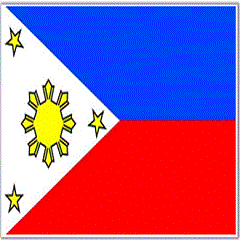CASE: J-1 Waiver of the Two-Year Foreign Residency Requirement, Exceptional Hardship
NATIONALITY: Filipina
LOCATION: Goodyear, AZ
Our client, originally from the Philippines, entered the U.S. as a J-1 teacher. However, her J-1 status subjected her to the two-year foreign residency requirement. She wanted to file an adjustment of status application along with her U.S. citizen spouse’s I-130 petition, but because of the two-year foreign residency requirement, she first had to obtain a waiver.
Unlike our other J-1 clients, she couldn’t pursue her waiver through a No Objection Statement or an Interest Government Agency (IGA). These routes were simply not viable for her case. Instead, our client chose to pursue her J-1 waiver based on the exceptional hardship standard. Her U.S. citizen spouse was, in fact, experiencing significant medical hardships.
According to 8 C.F.R. Section 212.7(c)(5), “an alien who is subject to the foreign residence requirement and who believes that compliance therewith would impose exceptional hardship upon her spouse or child who is a citizen of the United States… may apply for a waiver on Form I-612.”
Factors considered when analyzing extreme hardship include: the age of the subject, family ties in the U.S. and abroad, length of residency in the U.S., health/medical conditions, economic and political conditions in the country of removal, financial status (business and occupation), and position in/ties to the community. These guidelines are outlined in Matter of Anderson, 16 I&N Dec. 596 (BIA 1978).
After retaining our firm, we prepared and filed a waiver request based on exceptional hardship. On March 14, 2024, the J-1 Waiver Application (Form DS-3035) was filed with the Department of State. Subsequently, our office prepared an affidavit from our client, an extensive brief supporting her J-1 waiver application, and other necessary documents. Our client provided us with comprehensive medical documents and doctor’s reports detailing her U.S. citizen spouse’s medical conditions. On March 18, 2024, our office filed the I-612 application with USCIS, requesting that they issue and recommend this waiver. We argued that our client’s spouse would experience exceptional hardship if our client were required to return to the Philippines for two years.
Ultimately, on May 5, 2025, USCIS approved her I-612 waiver without an interview.
